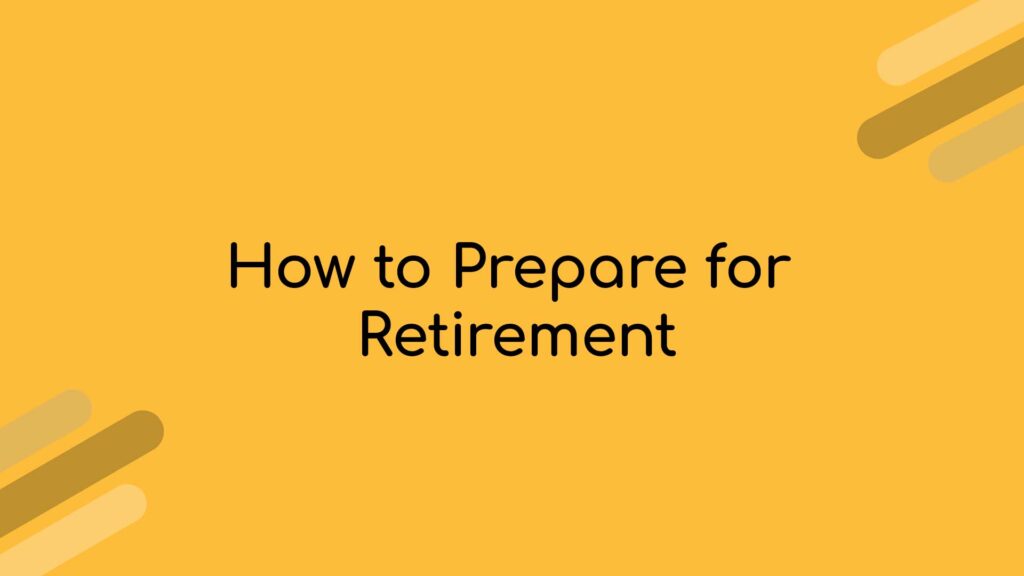A common misconception amongst investors is based on the idea that you invest in the stock market to get rich. We’ve all heard stories of investors, like Warren Buffet, who have amassed great fortunes by investing in undervalued companies that have skyrocketed in value and the desire of many is to join their ranks.
On the other side of the coin are the people who won’t put any of their assets in stocks. Their belief is that they are avoiding risk by staying out of equity ownership. The rationale often given is that stocks are too volatile and, besides, I’m not really “trying to become wealthy”.
The point that these investors miss is that fixed income investing (bonds, CDs, and other cash investments) have great risks of their own. One of the most significant is inflation risk.
When someone puts their money in a CD or buys a bond, they have essentially entered into an agreement with a borrower. Usually it works like this: “You can use my money and, in return, you pay me a set rate of interest.” It’s sort of like a rental agreement, only now the rented asset is money.
The problem is that the borrower is only obligated to pay the loan back with the same dollars that were lent. What happens if the dollar drops significantly in purchasing power? What if grocers demand twice the amount of money for a full basket of groceries due to a drop in the value of our nation’s currency? The borrower is only expected to pay the loan back in dollars. There is no requirement that those dollars have the same value they did when they were lent.
The beauty of stock ownership, as I often tell my clients and radio/TV audience is that I own the entities raising prices when I own stocks. Historically it takes well over 100 years for short term government bonds (treasury bills) to double in value after inflation. Depending on the area of the market, that number drops to approximately 10 with stocks.
Everything in life comes with a cost. The cost for that protection against inflation is having to put up with the volatility. Markets will go up and down on a daily basis, but look at it this way: If it weren’t for volatility, stocks wouldn’t likely provide returns that are any greater than CDs. My advice: Embrace the risk. It is your friend.
So what is an investor to do as they near retirement? Older investors should own both stocks and bonds. The stocks are there to protect against inflation risk and bonds are there to have something to draw from when stocks go through their inevitable downturns. The saving grace is that the downturns don’t last forever. The prospect of a long extended bout of inflation ought to give any investor who thinks about swearing off stocks pause, especially in an era where the value of the dollar isn’t tied to anything tangible.




